Pre-School
The Implications Of Poverty On Children’s Mental Health
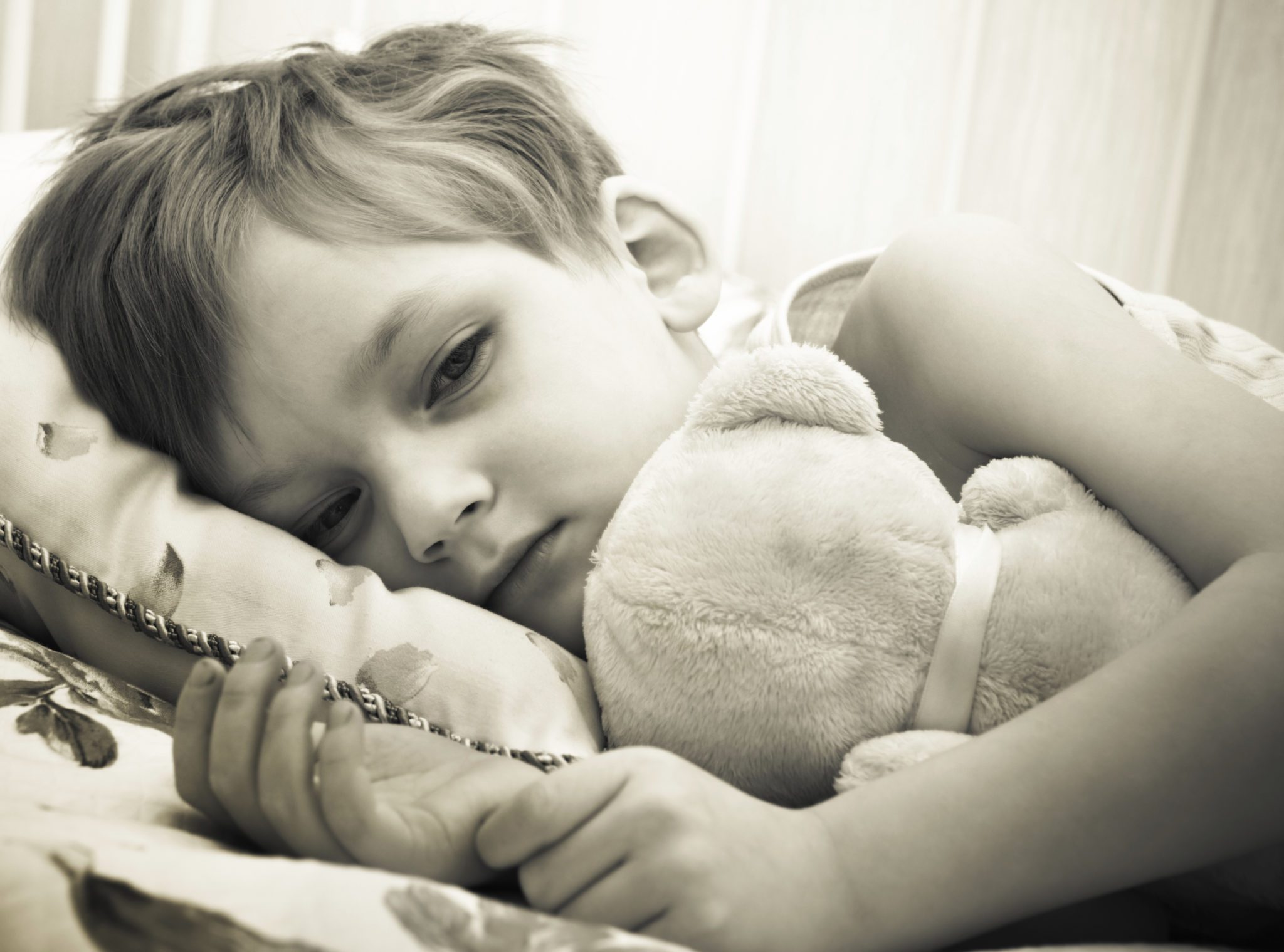
In March, the American Academy of Pediatrics (AAP) issued a new policy statement in which it encouraged all of its members to screen pediatric patients and their families for economic hardship. This announcement made national news and was later published in Pediatrics, the flagship journal of the AAP.
When You Have An Explosive Child
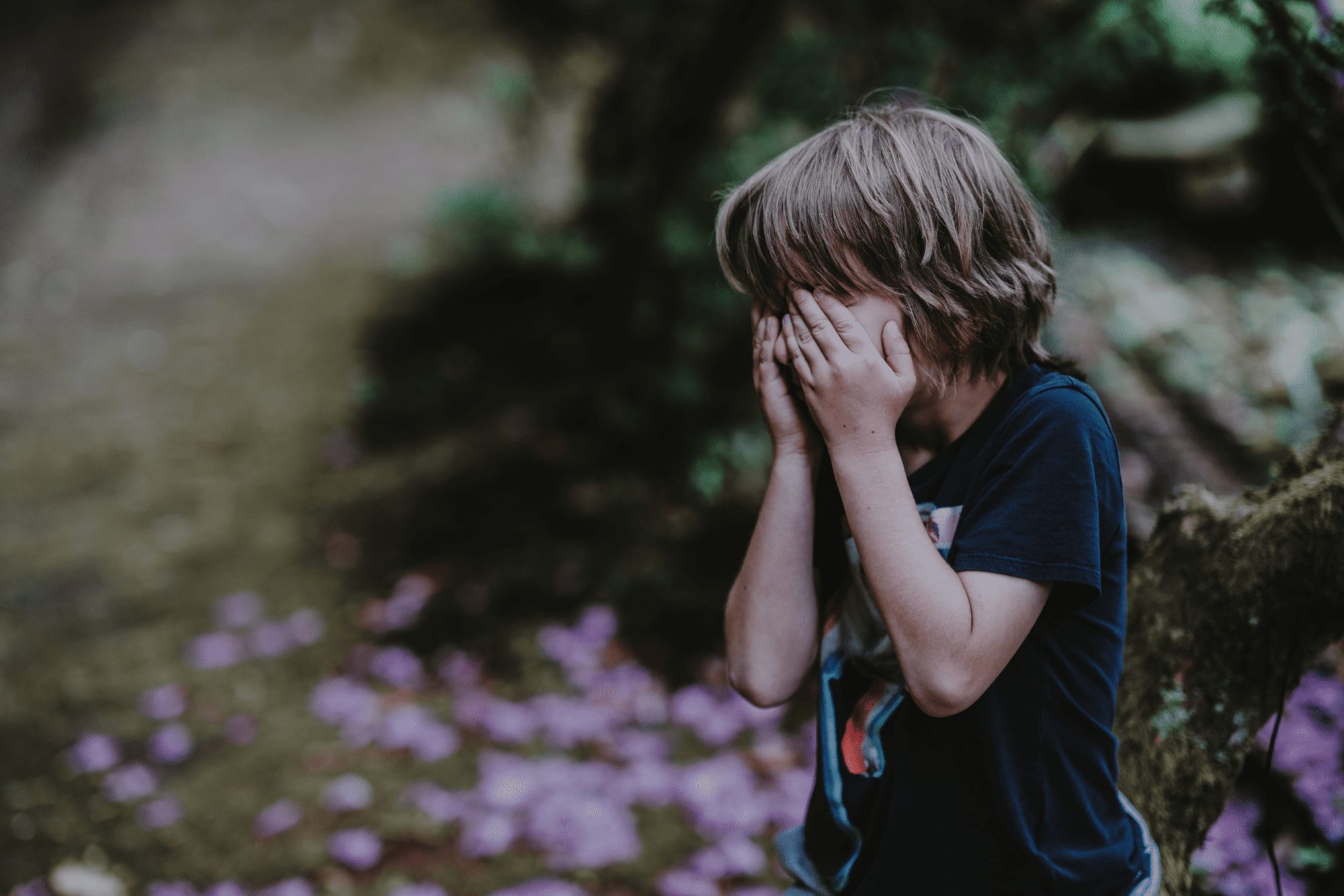
“When You Have an Explosive Child” is part of a series entitled Real Lives, Real Stories: Personal Experiences With Mental Illness.
Muslim Children: Addressing Prejudice and Xenophobia
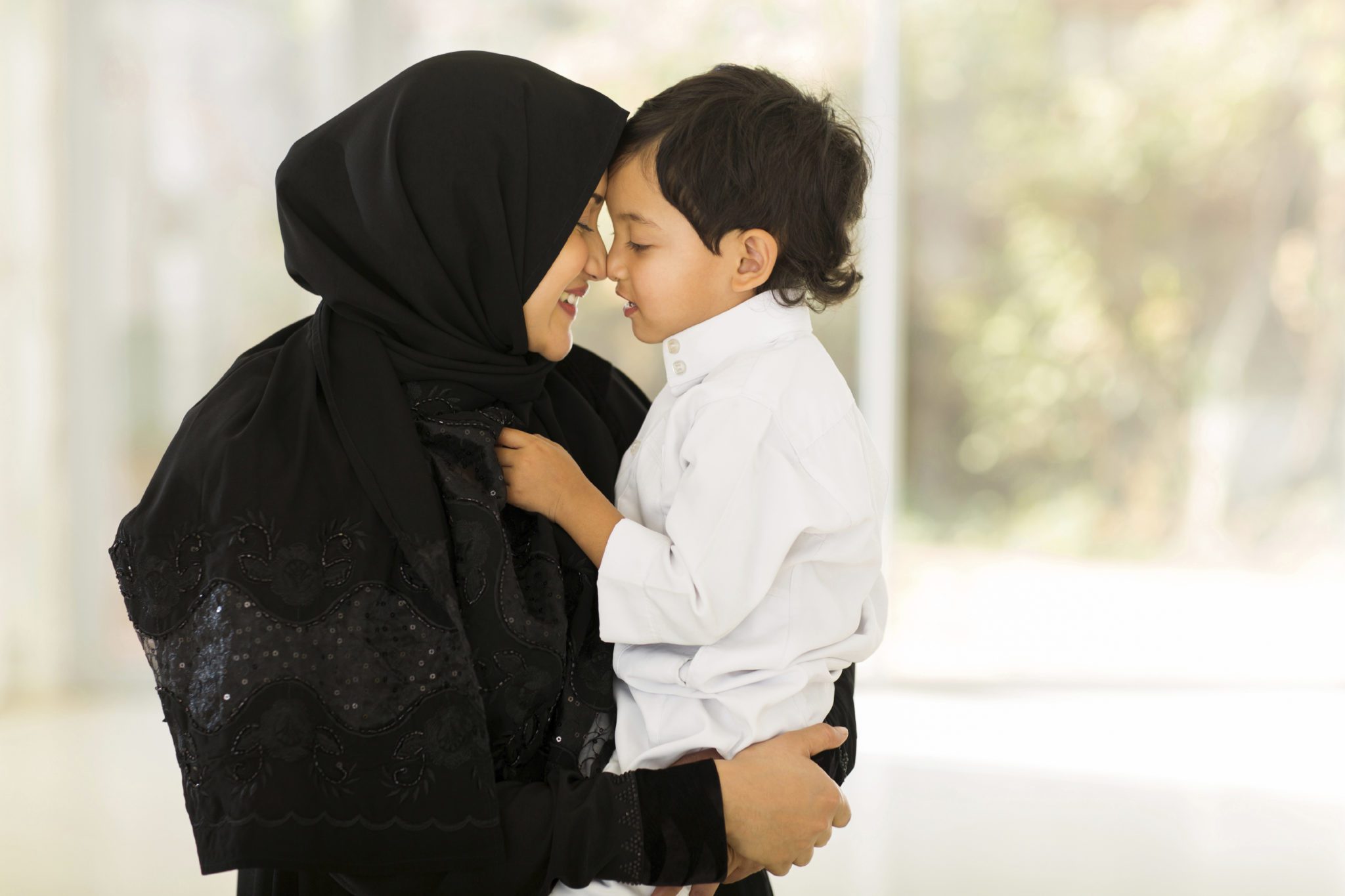
As an adult Muslim, I find it disconcerting, and at times, downright frightening, to hear xenophobic statements about keeping Muslims out of the country. In my work as a child psychiatrist, I’m hearing from Muslim parents across the country that their children are coming home to them with difficult questions and intense emotional reactions.
Talking To Your Child About a Sibling’s Mental Illness

How can you talk to your child about their sibling’s mental illness? Read more from Dr. Susan Swick, below.
It seemed like just another Wednesday evening. After the routine disagreements and struggles over homework, everyone sat down together to eat dinner and talk about their day.
Are Increased Academic Demands Causing ADHD?

The rates of attention deficit hyperactivity disorder (ADHD) have increased considerably in the last 40 years. In fact, in the United States, the prevalence of ADHD has doubled since the 1970s. A number of experts have weighed in on why these numbers may have increased.
Helping Kids of All Ages in the Face of Terrorism or War

At times like these – in the face of terrorism or war – amid our shock, grief, and fear, we need to be particularly attuned to the impact such events have on our children. Kids of all ages have questions and various emotional reactions—compounded all the more by the footage and commentary they may be seeing and experiencing.
What Is An Individualized Education Program (IEP)?
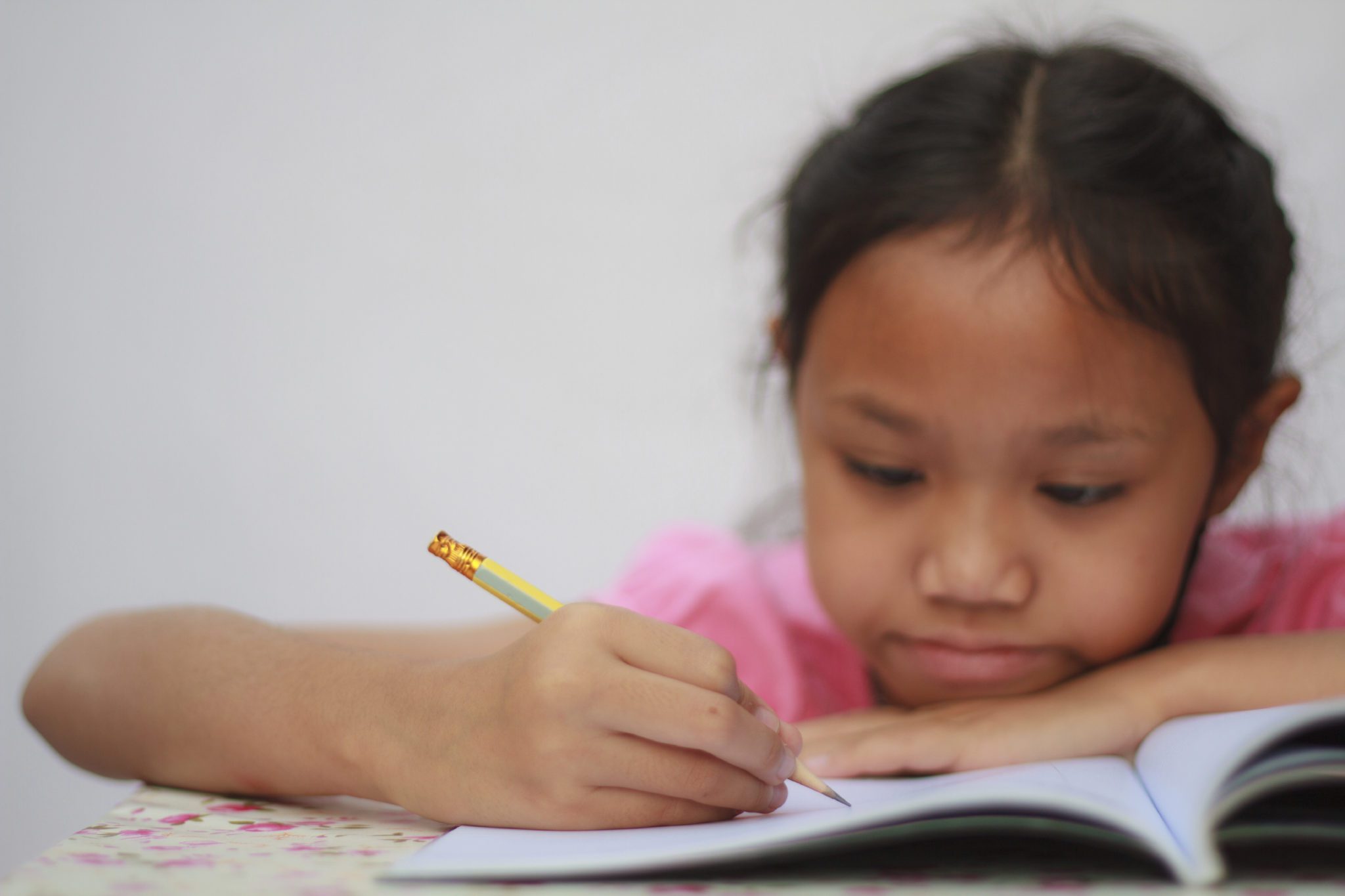
Billy was a second grader who was having difficulty reading. He was thus evaluated through his public school system to see if he was eligible to receive special education services. Upon his completion of a series of tests, Billy was identified as having a reading disability; this diagnosis entitled him to special education services.
Discovering Who I Am: The Critical Role Of Identity
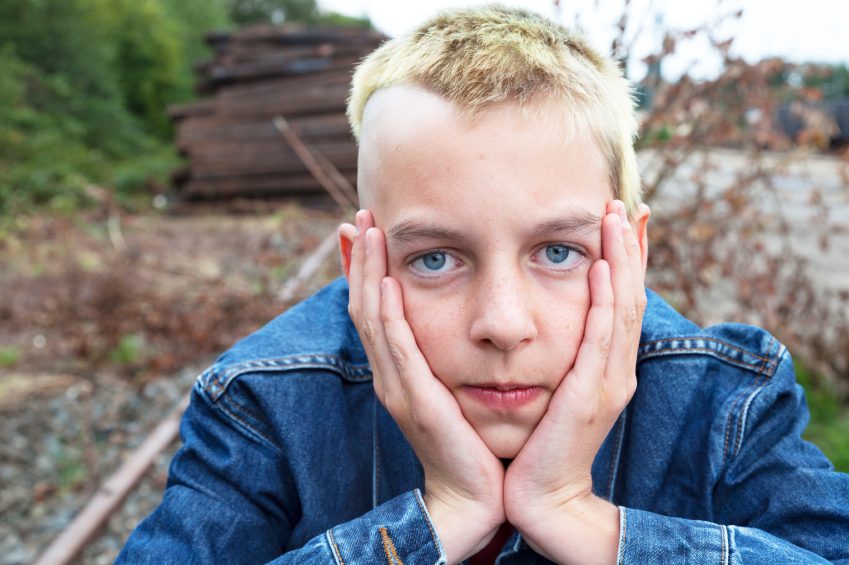
The Caterpillar and Alice looked at each other for some time in silence: at last the Caterpillar took the hookah out of its mouth, and addressed her in a languid, sleepy voice.
“Who are you?” said the Caterpillar.
This was not an encouraging opening for a conversation.
What Are Intelligence Tests?

Probably no other single area of evaluation has seen more controversy than that of intelligence. Psychologists have debated whether intelligence is learned or inherited, culturally-specific or universal, one ability or several. These debates are ongoing, and won’t soon be resolved.





